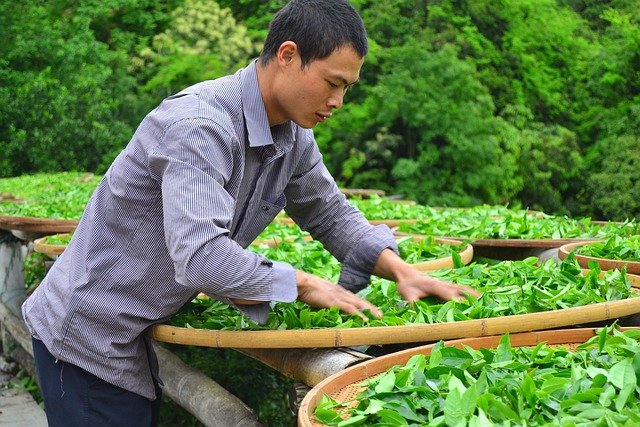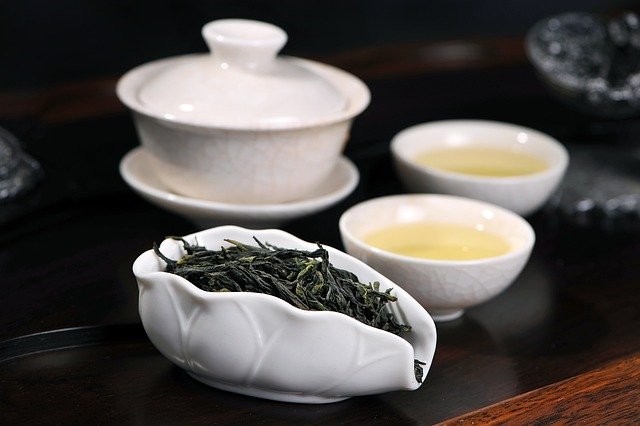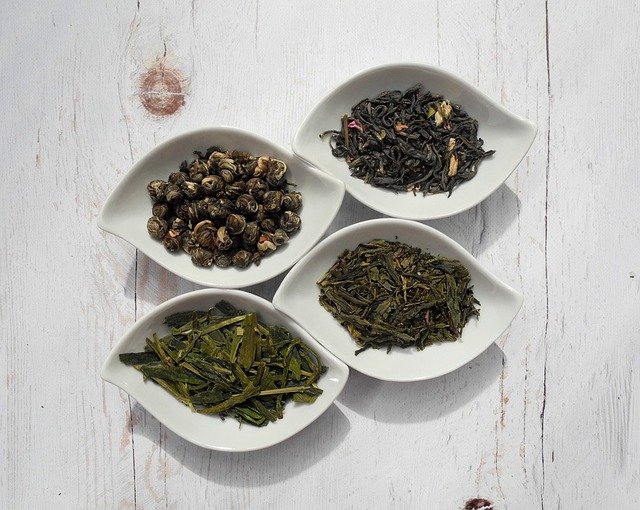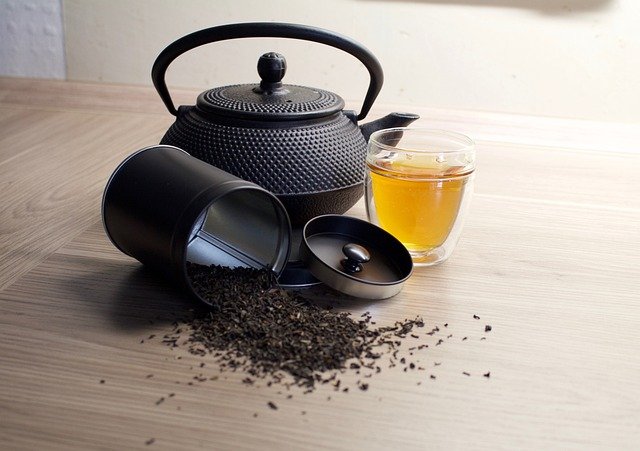Washing tea refers to the process of quickly pouring hot water over the tea leaves before the actual brewing, and then discarding the first infusion. This process usually lasts only a few seconds, with the goal of “cleaning” the tea leaves and “awakening” the tea fragrance. Therefore, “washing tea” is also called “moistening tea” or “awakening tea”. However, there is a lot of controversy among tea lovers about whether or not to wash tea. Some say it is not necessary, while others say it is essential. So, should tea be washed? What is the scientific basis for the washing process? What tea needs washing, and what tea doesn’t? Do you know? Let’s talk about the topic of washing tea together.
1. The History and Tradition of Washing Tea
1.1 The tea washing in tea culture
In Chinese tea culture, washing tea is a traditional step in tea brewing, especially in the preparation of oolong tea, pu’er tea, and some high-end green tea. Washing tea is considered an essential step by tea artisans and experienced tea drinkers, as it is believed to remove impurities and dust from the surface of the tea leaves, and “awaken” the tea, allowing it to release better fragrance and taste.
2.1 Variations in Tea Ceremonies Across the World
Despite the common practice of washing tea in Chinese tea culture, washing tea is not a universal practice in other countries and regions of tea culture. For example, in the tea ceremony of Japan, the step of washing tea is almost non-existent. Japanese tea ceremony places more emphasis on the original flavor of tea leaves and the purity of water.
2. The reasons for believing that tea should be rinsed:
1.1 Remove surface impurities
Tea can become contaminated with dust, pesticide residues, and other impurities during harvesting, processing, transportation, and storage. By washing the tea, you can effectively remove these surface contaminants and ensure the purity and safety of the tea brew. Some studies have shown that washing tea can indeed reduce the content of certain impurities and pesticide residues in the tea.
2.1 Another important function of washing tea is to “awaken” the tea, especially for aged pu’er tea and high-end oolong tea that have been stored for a long time. During storage, some aromatic substances in the tea may be in a “dormant” state. By washing the tea, these aromatic substances can be quickly released, thus enhancing the fragrance and taste of the tea soup.
3.Discussion on Whether Tea Needs Rinsing
1.1 Is it necessary to rinse the tea?
Some tea lovers and experts believe that the quality control and hygiene standards in modern tea production have greatly improved, so impurities and pollutants on the surface of tea leaves are generally within controllable limits. Therefore, washing tea may not be necessary in some cases, especially for some high-end teas, as washing tea may result in the loss of some beneficial components.
2.1 Affecting the taste
Those who oppose washing tea argue that during the washing process, some of the tea’s fragrance and taste are washed away, thus affecting the quality of the tea brewed later on. For some tea with unique flavors, the first brewed tea is often the most concentrated, and washing tea may result in the loss of these unique flavors.
4.Tea Brewing Methods for Different Tea Types
1.1 Green tea
Green tea, as it is not fermented, has relatively delicate leaves, and care should be taken when washing the tea to control the water temperature and time. Generally speaking, the water temperature for washing green tea should not exceed 80°C, and the time should be controlled within 5 seconds to avoid damaging the beneficial components and fragrance of the tea leaves.
2.1 Oolong tea
Oolong tea has undergone partial fermentation, making the leaves thicker. For washing tea, a slightly higher water temperature (about 90 degrees Celsius) and a washing time of about 10 seconds are recommended. This can effectively remove surface impurities and awaken the tea fragrance.
3. Black tea
Black tea is fully fermented, so the internal components of the tea leaves are stable, and the necessity of washing the tea is relatively lower. If you want to wash the tea, the water temperature can be kept at around 90°C, and the time should be controlled within 5-10 seconds.
4. Pu’er tea
Pu’er tea is divided into raw Pu’er and ripe Pu’er. For raw Pu’er, the tea leaves are tightly packed, so the washing time should be slightly longer (about 10-15 seconds), and the water temperature should be maintained at 90-95 degrees Celsius. For ripe Pu’er, which has undergone post-fermentation, the internal substances are more active, so the washing time can be shortened to about 10 seconds.
5. personal practice suggestions for washing tea or not washing tea.
5.1 Choose according to the type of tea.
The need for washing tea varies depending on the type of tea. Tea lovers can decide whether to wash tea based on the specific conditions of the tea. For example, for fresh green tea and black tea, it is optional to wash tea, while for aged puer tea and oolong tea, it is recommended to wash tea appropriately to improve the quality of the tea soup.
2. Personal taste and preferences
Everyone’s taste and preferences are different, so tea lovers can decide whether to rinse the tea based on their own taste preferences. By trying and comparing multiple times, they can find the most suitable way to brew tea for themselves.
3. Environment and sanitation conditions
If the sanitation conditions of the environment are poor, or if you are not well-informed about the production and storage process of tea, it is advisable to rinse the tea properly to ensure the safety and hygiene of the drink.
In summary, washing tea as a traditional tea brewing step has both historical and cultural backgrounds, as well as certain scientific basis. In modern tea culture, whether to wash tea or not is still a matter of personal preference. In the actual tea brewing process, tea lovers can flexibly choose whether to wash tea based on the type of tea, their personal taste, and environmental conditions to enjoy the best tea drinking experience.





